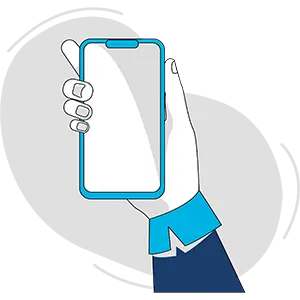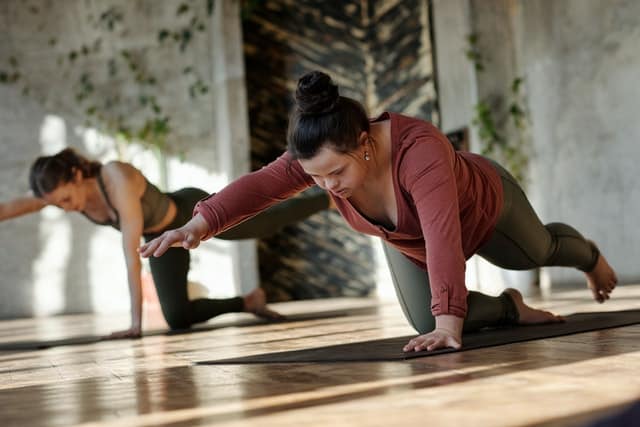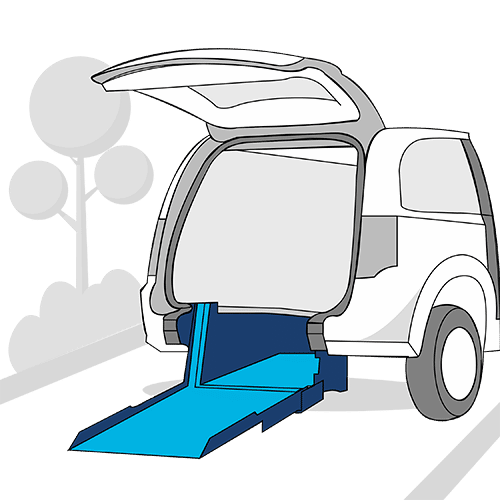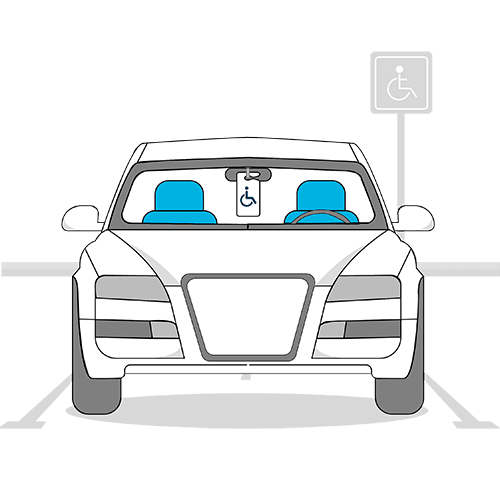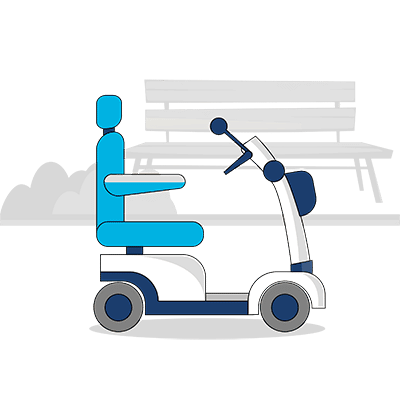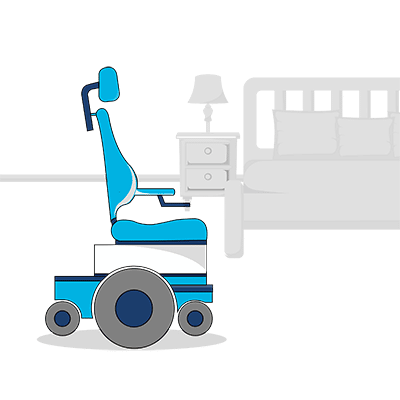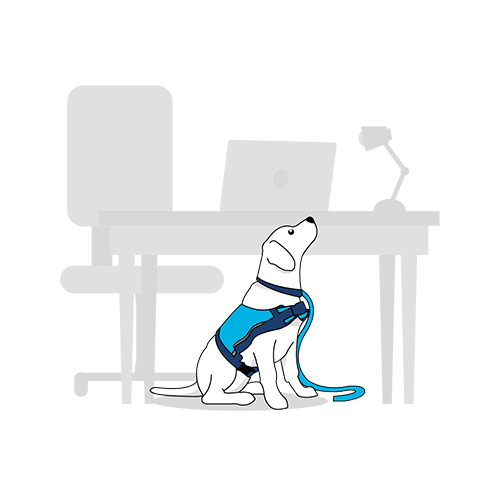Disability Sports Australia (DSA) offers over 52 disability sport and recreation activities nationwide to adults, teens and children living with disability. It’s Australia’s national peak body that represents athletes with physical disabilities. It’s also dedicated to adaptive sports coaching within the community and beyond, including training schoolteachers and coaches to teach sports more inclusively.
DSA isn’t just for professional athletes – the organisation helps NDIS participants young and old connect to inclusive sports providers around the country.
DSA’s slogan “getting more people, more active, more often” is about boosting self-esteem, health, wellness and social engagement through disability sports and recreation.
Depending on your plan, you may even be able to get your inclusive sports involvement NDIS funded. To find out more, we’ve interviewed Murray Elbourn, CEO of Disability Sports Australia. He tells us how NDIS participants both young and old can get involved in adapted and inclusive sports across Australia.
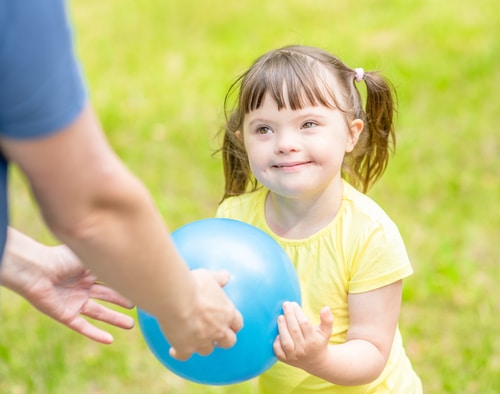
Disability sport and recreation for ECEI participants
The disability sports schools program is one of DSA’s biggest national programs and it caters to children from 5 – 18 years old. Read more about this program in our article on Activate Inclusion Sports Days.
DSA also aims to involve younger children in disability sports. NDIS Early Childhood Early Intervention participants are encouraged to get involved even before they begin school so they can develop important social and physical skills.
Murray tells us a bit more about the benefits of disability sports for young kids:
“Getting involved with movement means that the focus is less on their disability and more on what they can do. Then once they get to school, they’re not limited or afraid of being active. We work with early childhood early intervention teams around the country. Organizations like Northcott, as an example, do a fantastic job in that space. It’s important to work with teams like this to help kids get involved before they even go into school. Being involved in disability sport and recreation helps them become better prepared to engage in these social environments and participate in physical activities.”
Speaking of disability sports, read about the World Para Athletics Championships.
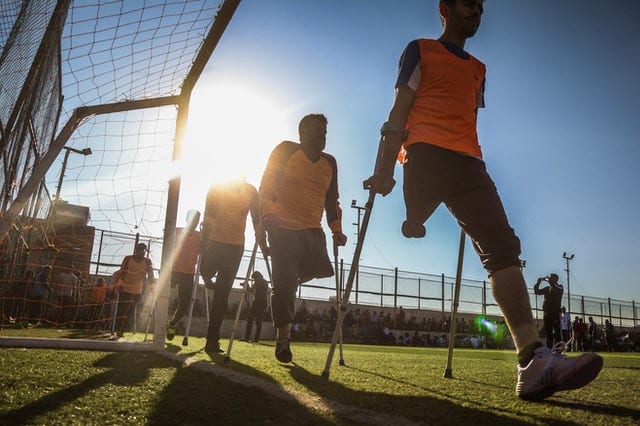
Adaptive sports coaching and better access
In addition to the 52 disability sport and recreation options currently on offer through its National Referral Hub, DSA is constantly training new coaches and often adds new adapted sports to the list.
For example, when someone wants to participate in a sport that isn’t already on the list, Disability Sports Australia will find and train a coach to teach it inclusively.
Further, potential National Referral Hub partners are given adaptive sports coaching before being listed on the hub as disability sports providers. DSA works with local councils, community recreation centres, community sports clubs, and independent providers to offer this training.
Helping grow disability sport and recreation locally
So, DSA is developing participation in disability sport and recreation on the one end of the spectrum, while on the other end it’s helping develop the quantity and quality of providers to teach these activities.
“It doesn’t really matter what the disability is, a person is a person first and then they have a disability. We break this down in the adaption and inclusion certification course.”
– Murray Elbourne
A key training program under this remit is the Adaption and Inclusion Club Certification. This is a program geared towards making sure people see people first.
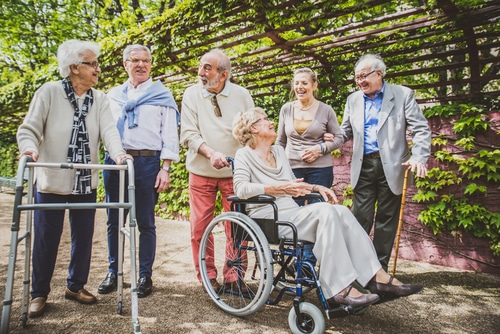
Disability sport and recreation for all ages
People with disabilities of all ages from very young to seniors can get connected to programs and providers via the National Referral Hub.
From wheelchair rugby and para golf to trampolining and croquet – and well beyond! – there’s a disability sport or recreation option to suit all ages and abilities. If you can’t find a suitable activity, or you’d like an activity to be added, contact Disability Sports Australia directly.
“The National Referral Hub holistically provides opportunities for adaptive activity that can service adult and senior lifestyle as well. So it’s not just about kids. We definitely want the National Referral Hub to be reflective of all Australians with disabilities,” says Murray.
Community engagement through sport as an NDIS goal
As we’ve mentioned, NDIS participants looking to engage in disability sport and recreation may be able to get funding.
Murray says, “I think there are two possible avenues for NDIS funding. Firstly there’s social participation through community engagement, which is one avenue. Then there is the specific adaption that happens within that environment and the modified equipment that’s needed. Sport is kind of the by-product of the social outcomes. What’s important are the social and emotional benefits that you get from doing something that you feel good about.”
“If you’d like to do something in the community that has an adaption aspect it’s really important to articulate that adaption aspect in your NDIS goals. Whether it’s having a support worker go along to the event or transport to get there. Being able to articulate these adaption aspects to your planner is important when you’re doing your NDIS goals.”
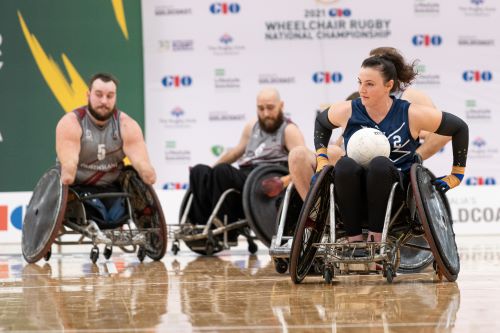
COVID showed us all what it means to be apart
“We used to talk a lot about social isolation in the disability space, especially when people don’t have the right supports. Or they don’t feel confident going out and socializing or doing something in their community. They can sometimes be limited to their home as a result,” says Murray.
But since COVID and lockdowns, everyone has experienced social isolation to some degree. Suddenly everyone gets a much better picture of what true social isolation is. This is just another reason that disability sports, as well as recreation options, are important.
Read about eight wheelchair sports that are open to entry level through to professionals.
Social interaction key to physical and mental health
Murray says: “The number one thing that we need to do is to get more people out into the community. And get more people out into social interaction. We’ve seen the massive benefits. For example, disability sports and recreation inspires confidence when joining or re-entering a workplace setting. Ideally people in supporting roles within the disability sector will start a conversation around what social participation.
“It’s important that anyone who is socially isolated gets to know they can actually claim for social participation and the adaptions that are needed.
“I’ve played sport for Australia and coached Australian teams, and now I’m an administrator and sports CEO. I can confidently say I would never have been in this position without actually playing the sport and gaining the confidence. It’s traveling the world and having all these amazing experiences that has made me who I am today. These experiences made me really understand the value that sport can bring to that environment.”
Disability Sports Australia facilitates the development of more adaptive sports and more adaptive environments where people can join in. Getting out and into an environment where you grow as a person helps develop soft skills for the workplace.
Disability sports and recreation alongside your assistive tech
Whether you’re on your way to a disability sports and recreation event or simply at home, you’ll achieve great peace of mind through protecting your wheelchair.
Not only does Blue Badge Insurance offer wheelchair insurance and mobility scooter insurance, we also offer up to 25% off disability car insurance. Find out how each helps cover the costs of repairs and replacement for your mobility equipment or vehicle.

